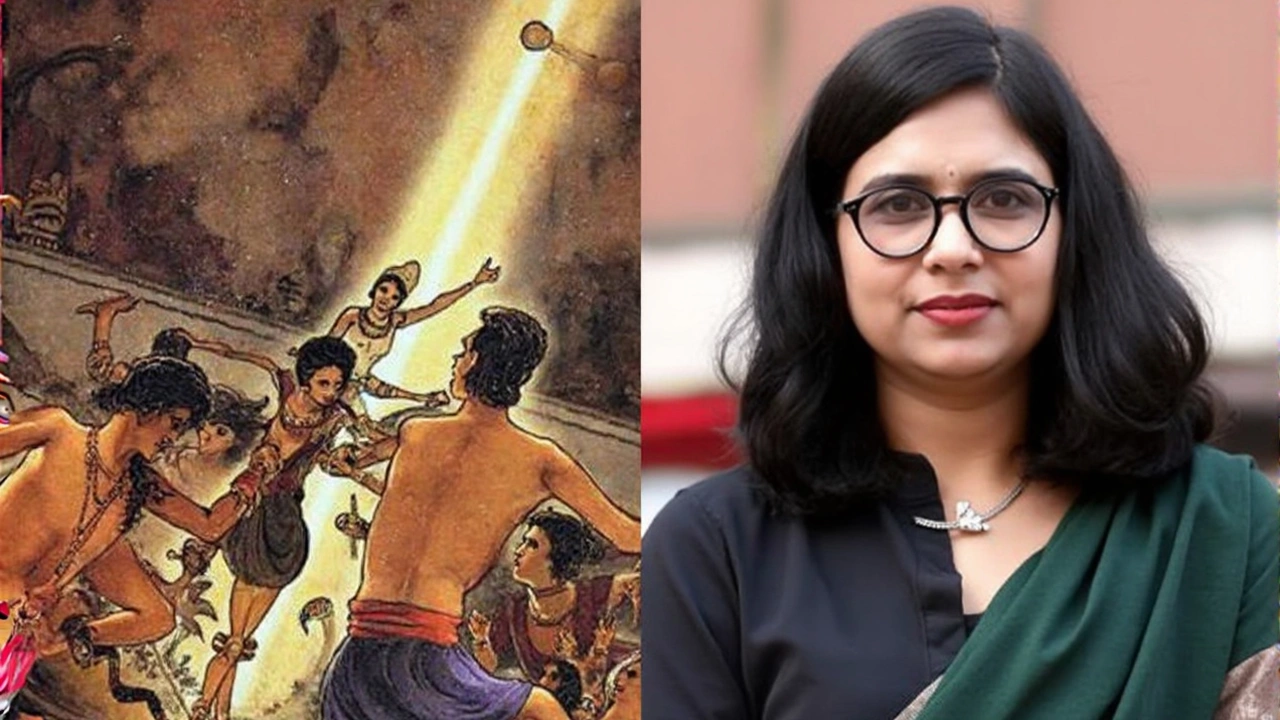
Backdrop of A Political Drama
In the complex world of Indian politics, few events have stirred as much emotion as Swati Maliwal's recent commentary on Arvind Kejriwal, effectively contributing to the Aam Aadmi Party's (AAP) loss in the 2025 Delhi Assembly elections. With a political landscape battered by an array of challenges, Maliwal, once a close ally, used an ancient allegory from the Mahabharata to criticize Kejriwal's leadership. Describing him through the lens of 'Draupadi's cheerharan', she ignited a fierce debate, challenging not only his governance but also questioning the integrity of his leadership style.
This electoral upset saw the Bharatiya Janata Party (BJP) seize power in Delhi after nearly three decades. The shift has been attributed to mounting citizen frustration over AAP's perceived failures in addressing fundamental civic issues and internal disputes, highlighted by Maliwal's biting public comments. Her social media outbursts were not mere words; they symbolized a rupture within the party, garnering attention and strengthening BJP's campaign narrative.

Tensions and Controversy
Maliwal's dramatic rhetoric came on the heels of a contentious past involving allegations against Bibhav Kumar, Kejriwal's former aide. In May 2024, her police complaint accusing Kumar of harassment underscored growing unrest within AAP, portraying a party at odds with itself. Such conflicts have cast a long shadow over Delhi's political arena, prompting voters to pivot towards BJP, perceived as a more stable alternative.
The timing of her 'Draupadi cheerharan' remark was anything but coincidental. In a climate of discontent, the electorate's decision to oust AAP hints at broader disapproval of Kejriwal's administration. Seeking refuge in tradition and storytelling, Maliwal's narrative resonated with many, painting Kejriwal's tactics as autocratic and disconnected from the populace.
The effects of such tension extend beyond just the party and its former allies. Social media platforms buzzed with reactions, with users largely heralding Maliwal as a brave whistleblower exposing the truth. This perception added fuel to the electoral fire, sealing AAP's fate and enabling BJP's return.
These events are a stark reminder of the intricate ties between politics, storytelling, and society. They offer a glimpse into how historical narratives can be wielded to question modern leadership, ultimately shifting political tides in unexpected ways.